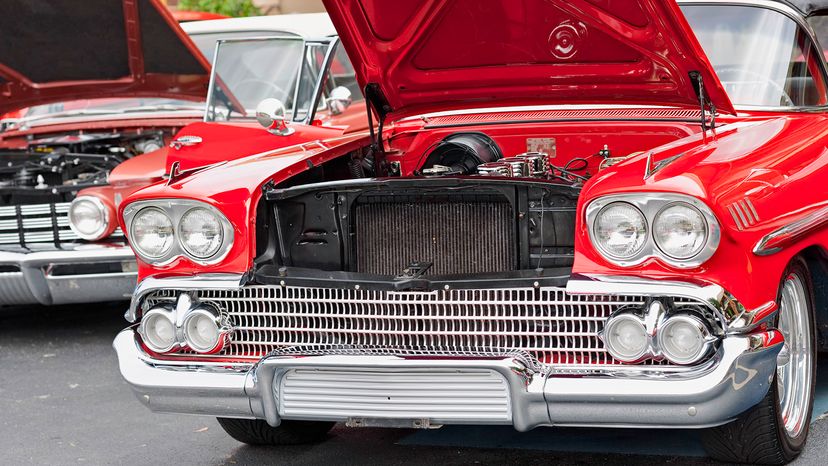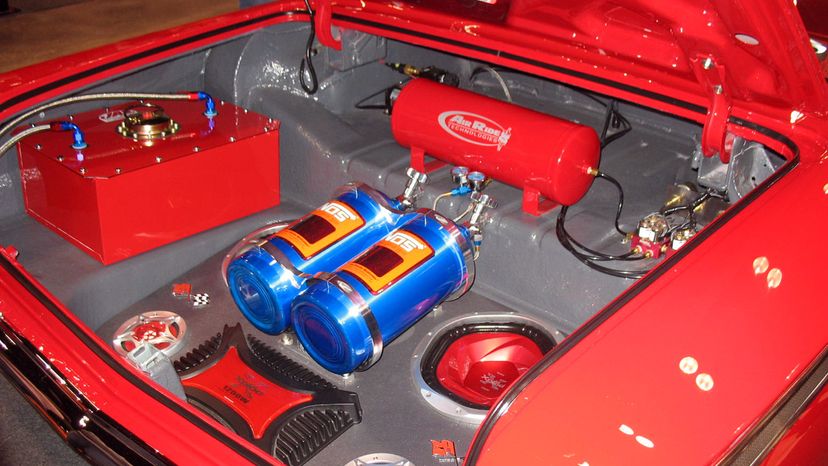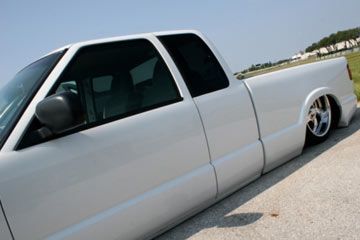
Car enthusiasts across the U.S. make modifications to their car. Some are simply cosmetic, but others affect the car's performance. There are tons of car modifications that are totally harmless, but others are likely to get the car's owner slapped with a ticket and fine because the alteration isn't actually street legal.
If you're new to the idea of modifying your car, you might be surprised to learn that some cosmetic enhancements can land you on the wrong side of the law, but there are plenty of performance upgrades that are no problem at all. Here, we'll look at some of both. We'll start with the legal ones first. (Of course you should check the laws in your state as they can vary.)
Advertisement



